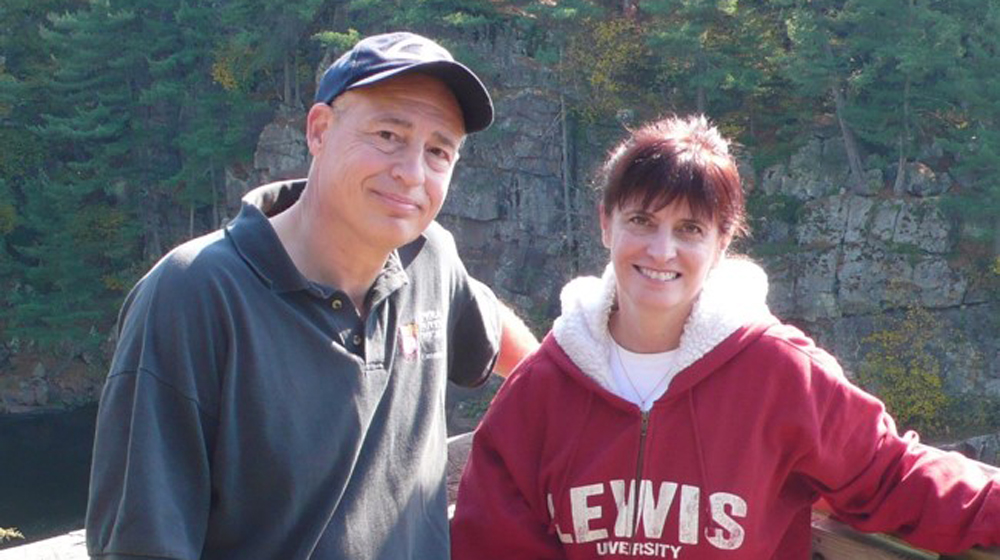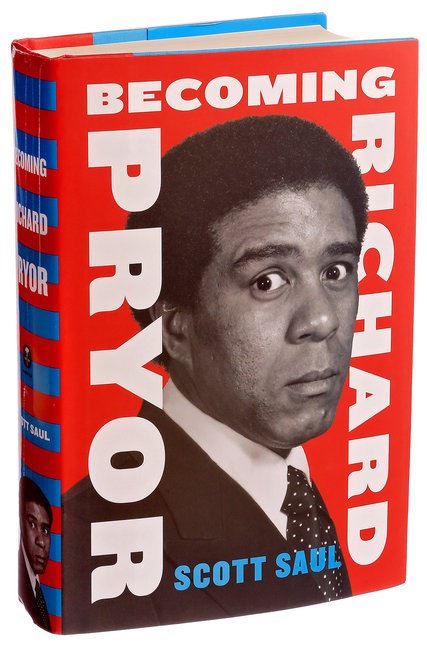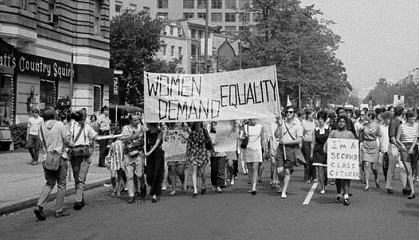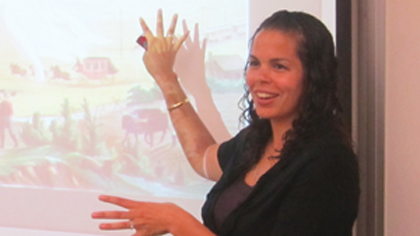archive

"Civil War Chicago: Eyewitness to History" on October 20th
Professor of History Theodore J. Karamanski, PhD and Loyola alumna Eileen M. McMahon, PhD, will discuss their new book on the Civil War’s transformative role in Chicago's development.

Richard Pryor Biographer to Speak at Loyola
Scott Saul, the author of Becoming Richard Pryor, will give a public lecture on the comedian entitled "Living with Richard Pryor: A Biographer's Tale" on Friday, April 24 at 3 PM.
Timothy Gilfoyle on "The Changing Forms of History"
Should history be a book discipline? What constitutes "acceptable scholarship" in history? Professor Timothy Gilfoyle considers the rich and diverse forms that historical scholarship take from books, digital media, and public history projects in his article "The Changing Forms of History" in April's edition of Perspectives on History, the AHA newsmagazine.

"The Rise of the Nation-Saint" on November 5th
Prof. Kathleen Sprows Cummings, University of Notre Dame, discusses a pre-circulated paper on the efforts of U.S. Catholics to secure their first canonized saint for the third meeting of the 2015-2016 Ramonat Seminar Series.

Voices of Chicago Women Activists
Celebrate Women's History Month with the Women & Leadership Archives and the Chicago Area Women's History Council. Come hear multimedia excerpts of oral histories by Columbia College honors students featuring Chicago women activists and leaders. The event will be held on Sunday, March 16th from 2:00pm-5:00pm on the 1st floor of Piper Hall.

What was Chrysler Village and how did it get its name?
Public History graduate students know and shared their work on a historic nomination for the neighborhood with Ask Geoffrey on WTTW the other night.
LEARN MORE
Closing the Gap
Sarah Doherty (PhD '12) reflects on the importance of the Preparing Future Faculty Program in equipping her, and other minority doctoral students, with the skills necessary for a career in academia.
LEARN MORECurriculum Changes
Over the past year we have enhanced the research component of the History Major: 1) by developing a senior capstone course, 2) by instituting a portfolio requirement, and 3) by offering more focused instruction in information literacy. These initiatives share the common theme of encouraging our majors to engage in the active construction of history rather the passive reception of knowledge.
- The senior capstone course will be taught for the first time in the Spring 2008. This course guides history seniors in writing a substantial research paper based on original primary sources. They are encouraged to work with faculty mentors in these projects and build on their intellectual focus as history majors. This course has our students “doing history” in the most real way.
- Our new history portfolio, which was approved at the December 2007 Academic Council meeting, is similarly focused on getting students to engage in historical research and analysis. They are now required to turn in a portfolio before graduation, which includes a historical research paper, their “best” bibliography, a book review, and primary source analysis. Our faculty will be evaluating a sample of these portfolios starting in December 2008.
- Recognizing that many of the most important historical sources are now available in electronic form--whether in online databases, web pages, archives, or journals--we have developed a new unit on information literacy to become part of our Junior Colloquium (HIST 291), which all history majors take.
Through these initiatives, the history major will be more research intensive and will encourage students to engage with all the major source venues, from the web to archives. Some of the award winning student papers which have already come out of our efforts are: “Reading between the lines: What quack advertisements reveal about Eighteenth-century Medicine,” and “From Lakefront Mansions to a Concrete Jungle: Examining the Evolution of Housing in Edgewater.”
